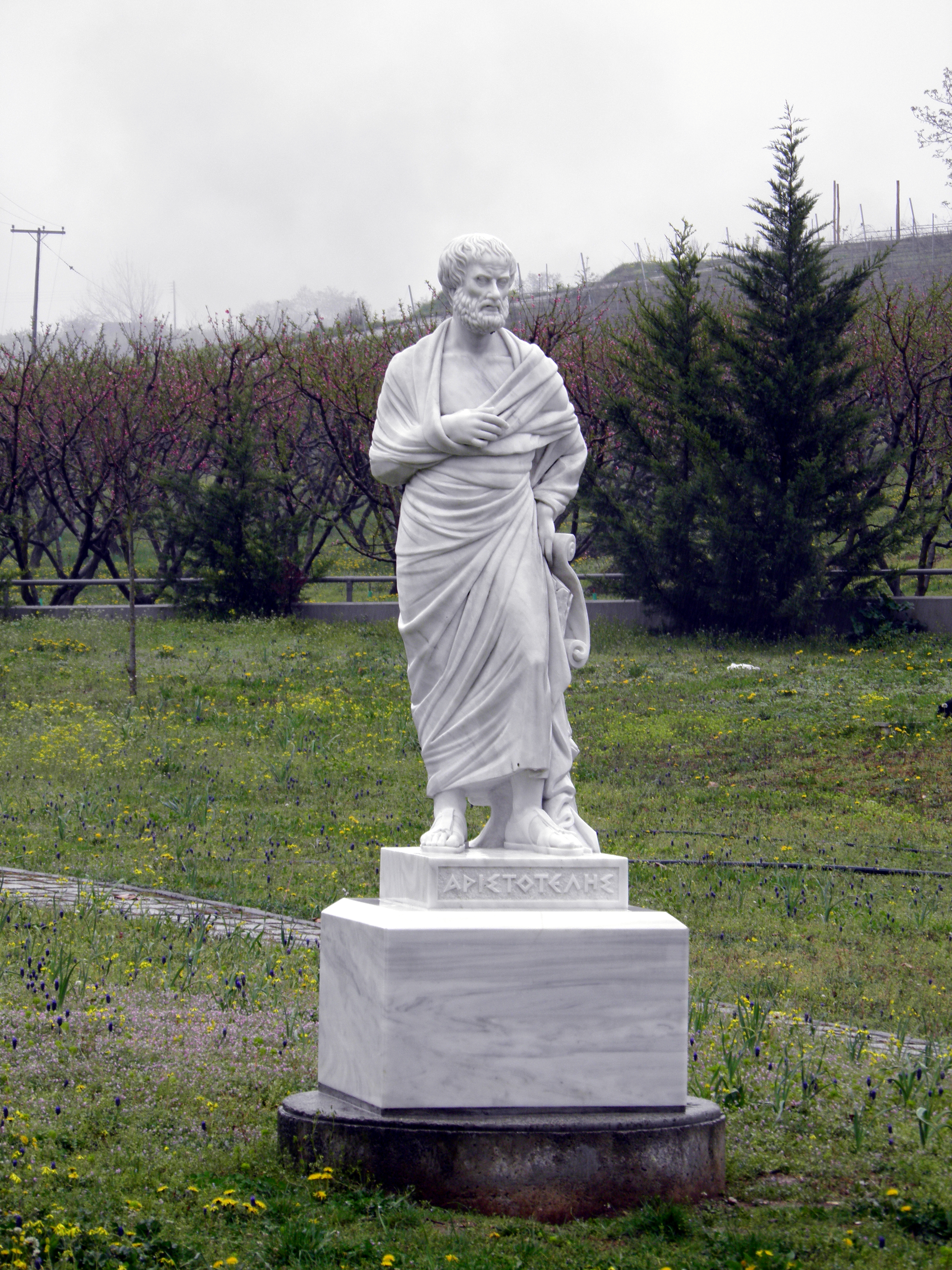This is the first of the posts on Aristotle, who is widely considered to be both the greatest scientist of the ancient world and its greatest philosopher. One book that Aristotle wrote is Nicomachean Ethics. It is subdivided into 10 books. Remember, in ancient times, writers did not write books; they wrote scrolls. Probably each book was written as one scroll by Aristotle. In the translation I am using, Nicomachean Ethics (all 10 books) takes up 171 pages. Aristotle is so influential that his books are divided into chapter and verses, just like the Bible. Also, just like the Bible, Aristotle did not put these in when he wrote it; scholars later added the chapters and verses to make it easier to quote.
Unlike most commenters on Aristotle, I am not going to discuss his ‘thought’. I’m going to discuss his results. In my opinion, most of the time thinkers start out with a preconceived idea of where they wish to end up, and produce arguments reinforcing that idea. According to Ben Franklin, in his Autobiography, man is a ‘reasonable’ animal; he can always find ‘reasons’ for what he wants to do. In other words, it is the end result that is important. How you got there is just your excuse for your conclusion.
In book 10 of Aristotle’s Nicomachean Ethics, Aristotle reaches his conclusions. He concludes that the greatest pleasure is understanding (10:7:7 – book 10, chapter 7, verse 7). He also concludes that it reaches the highest happiness. It is supremely best (10:7:9). He also concludes that the activity of study is most godlike because it is self-sufficient, and the gods are self-sufficient. The gods, he concludes, are pleased by humans who study because it is akin to the gods (10:8:13). Therefore, study leads to the highest happiness and greatest pleasure.
I think Aristotle was tooting his own horn here. He liked to study, and it made him happy. He decided that this was the supreme way of life for everyone, which seems like a leap to me. He jumps from what he does to what the gods want and decided that what they want is what he likes.
Aristotle believed that the highest life should be self-sufficient, because that is the most godlike state. Study and contemplation required few goods, whereas politics and other activities required many goods. His concept of science is that it is part of philosophy, and so it should require little external equipment. The elaborate equipment of a scientific lab, and the coordination of many people to perform one task, would have been anathema to Aristotle. Not only does it require many external resources, it also requires multiple investigators. He would consider it ‘slavish’.
In short, Aristotle’s science was a self-limiting exercise. It was part of philosophy. It was done by men of leisure, i.e. gentlemen. It was done with few external resources and it was done for the sake of happiness. Such a science would never get very far. Science is an economic activity. With few resources it does not accomplish much.
Aristotle is regarded as the greatest of the ancient scientists. Ancient science can be divided into three periods: before Aristotle, Aristotle, and after Aristotle. Science never amounted to much in ancient times because it had no economic foundation. Aristotle’s scientific program for the school he founded, the Lyceum, lasted 2 generations before students lost interest. His follower’s science never surpassed his and science was never important to the wider society.
Aristotle studied the anatomy of animals, but he never applied his knowledge. The cruel harnesses used in ancient times choked the horse if he pulled hard, so that horses were confined to riding or pulling light carriages. Aristotle never studied harnessing a horse because that was craft, and craft was below the dignity of a gentleman; it was slavish. The stagnant technology of the Greeks and Romans can be traced to these attitudes.
Christianity broke up this stale, stagnant world. The contrast between a civilization made for the rich and powerful and a civilization that was concerned with everyone (‘the last shall be first’) was stunning. Christians became a majority around 350 AD. It is generally thought that improved horse harnesses were either invented or adopted by Christians between 300-600 AD. We don’t know who did this good deed, but we do know who did not do it and would not have encouraged inquiry into it: Aristotle.
Sources:
Aristotle, Nicomachean Ethics, 2nd edition, translated by Terence Irwin, 1999, Hackett Publishing Co., Indianapolis, IN.
Tessitore, Aristide, Reading Aristotle’s Ethics, 1996, State University of New York, Albany, NY.
Franklin, Benjamin, The Autobiography of Ben Franklin, 1902, A. L. Burt, Co., New York, NY.
